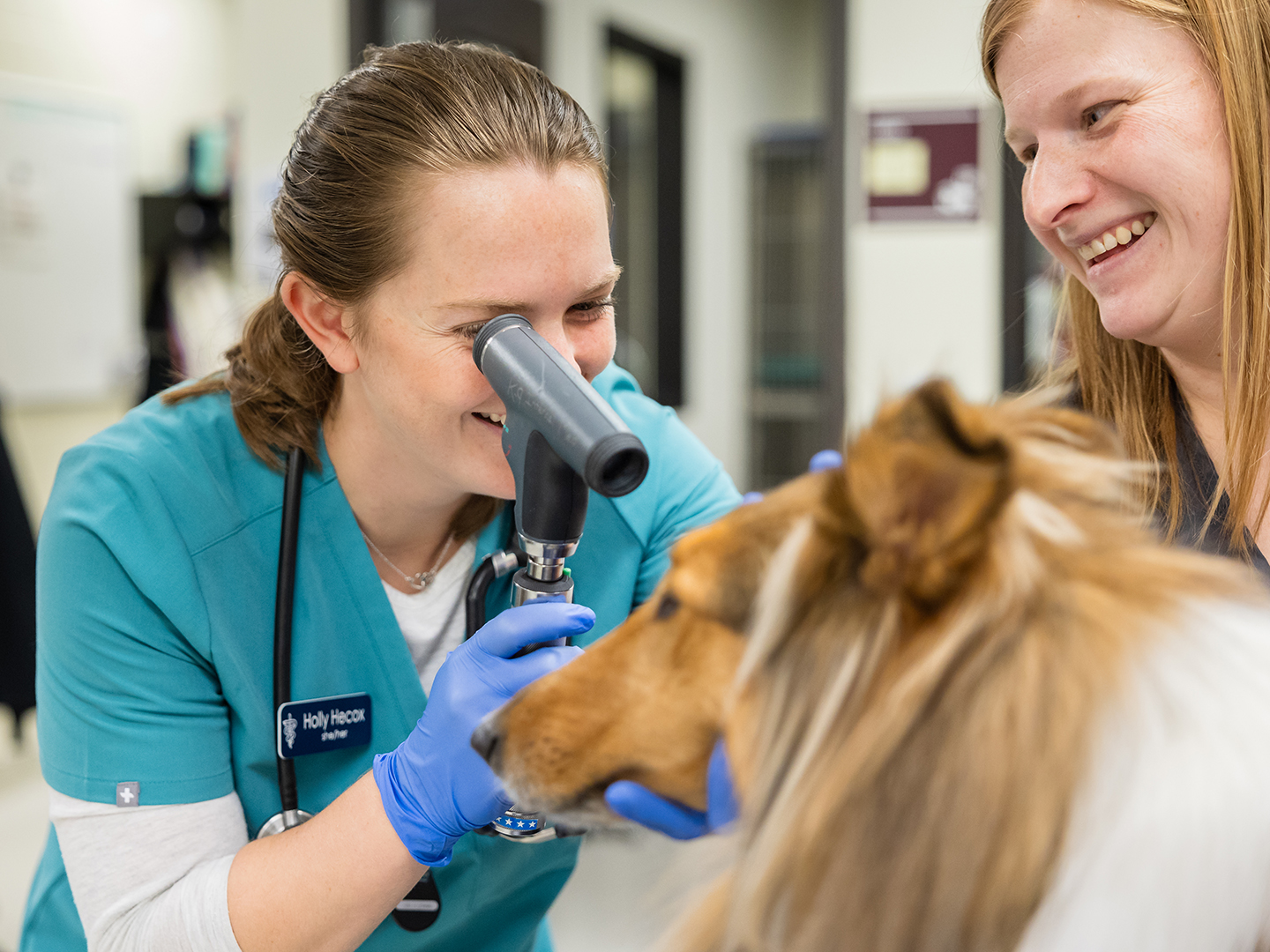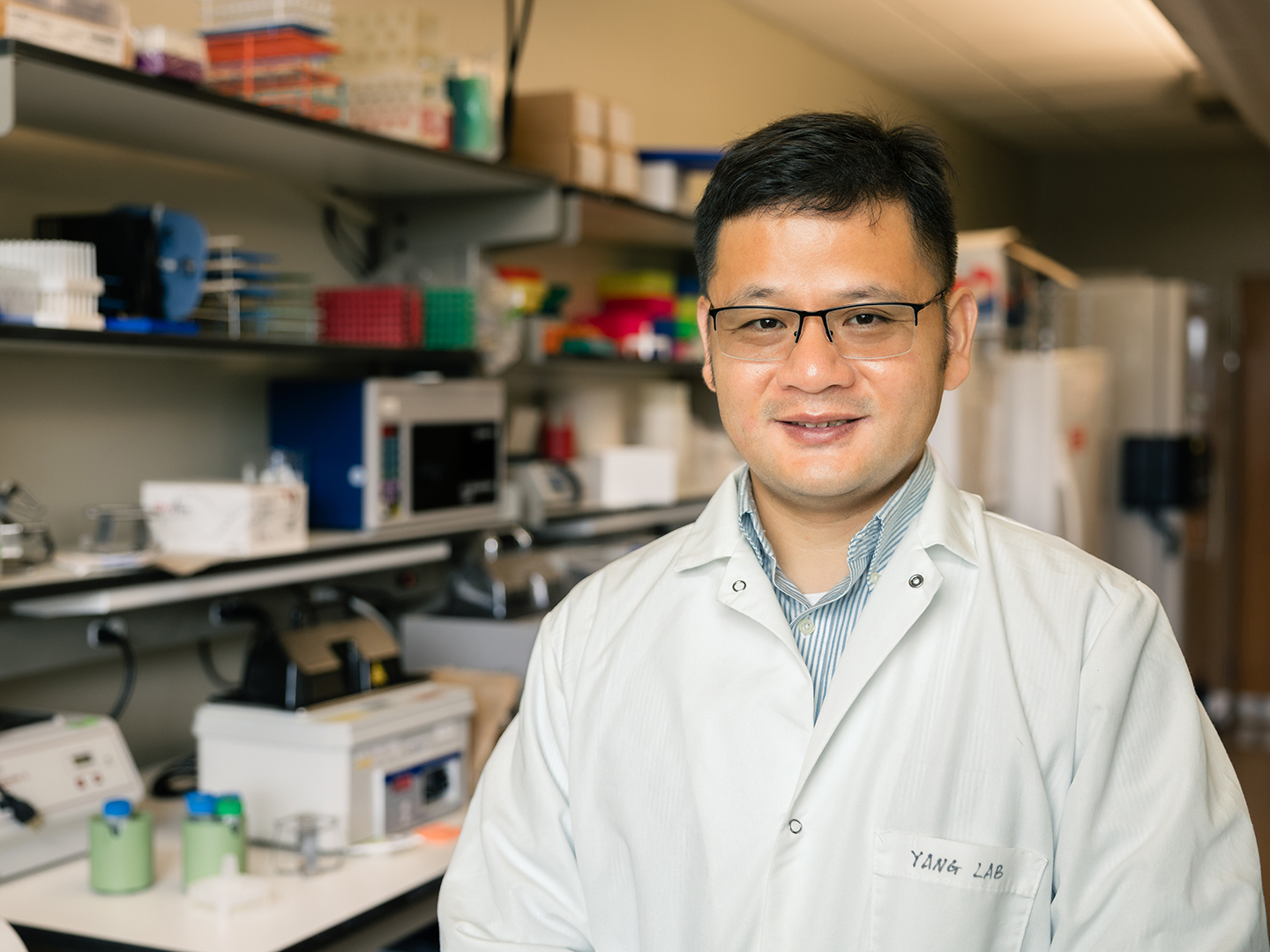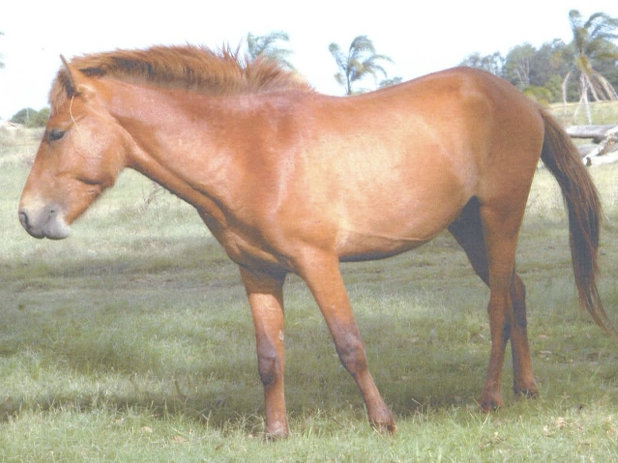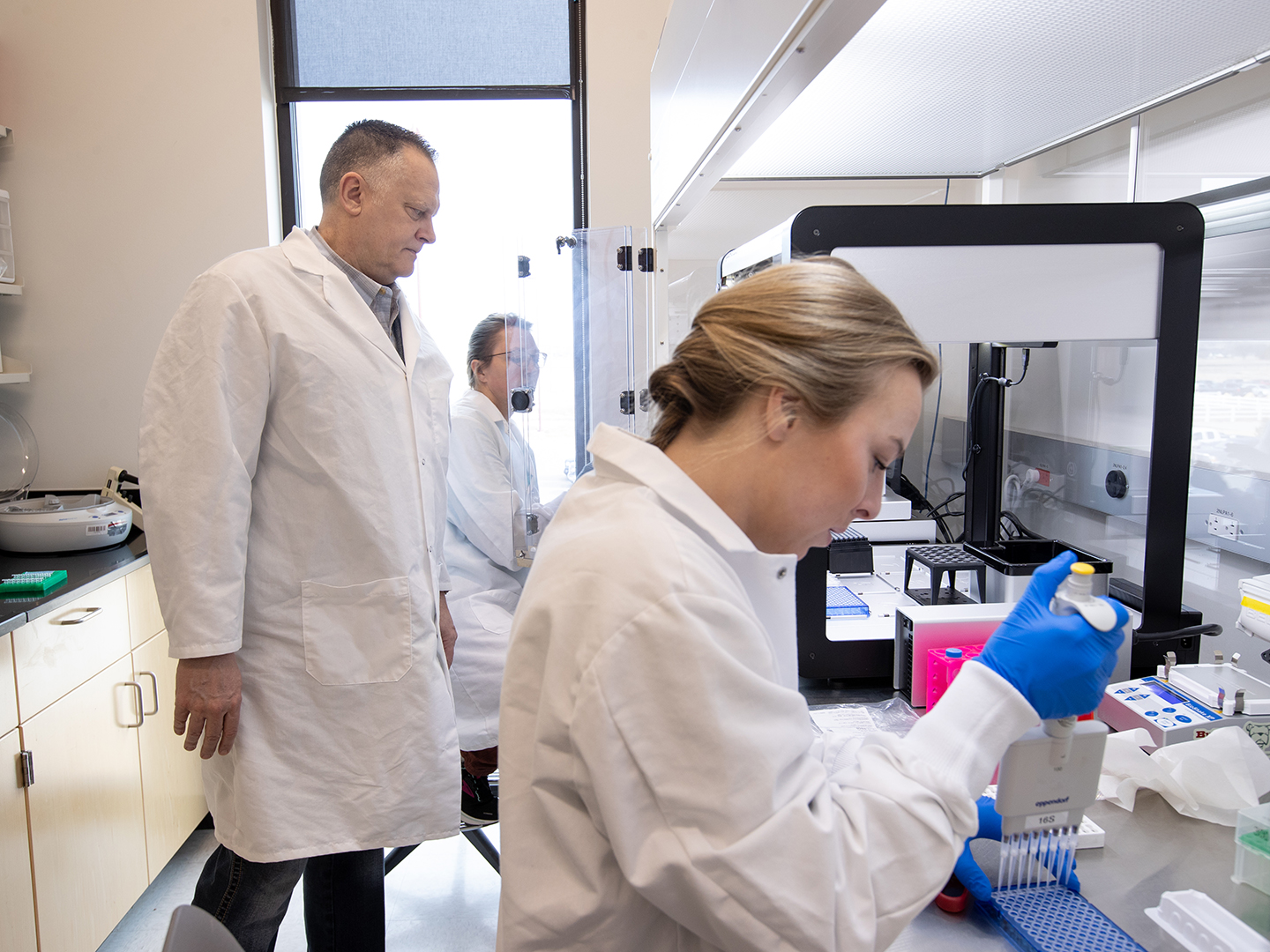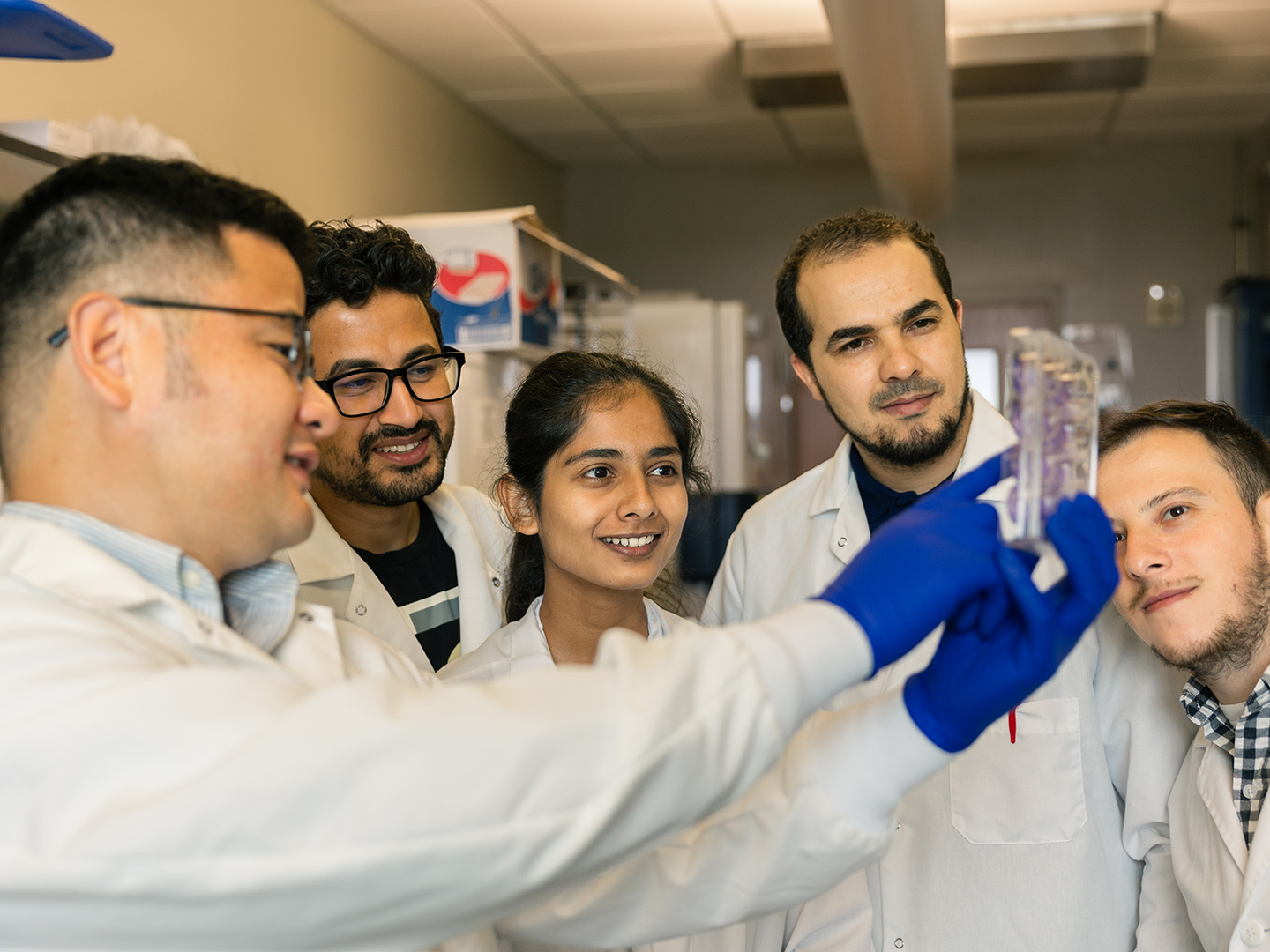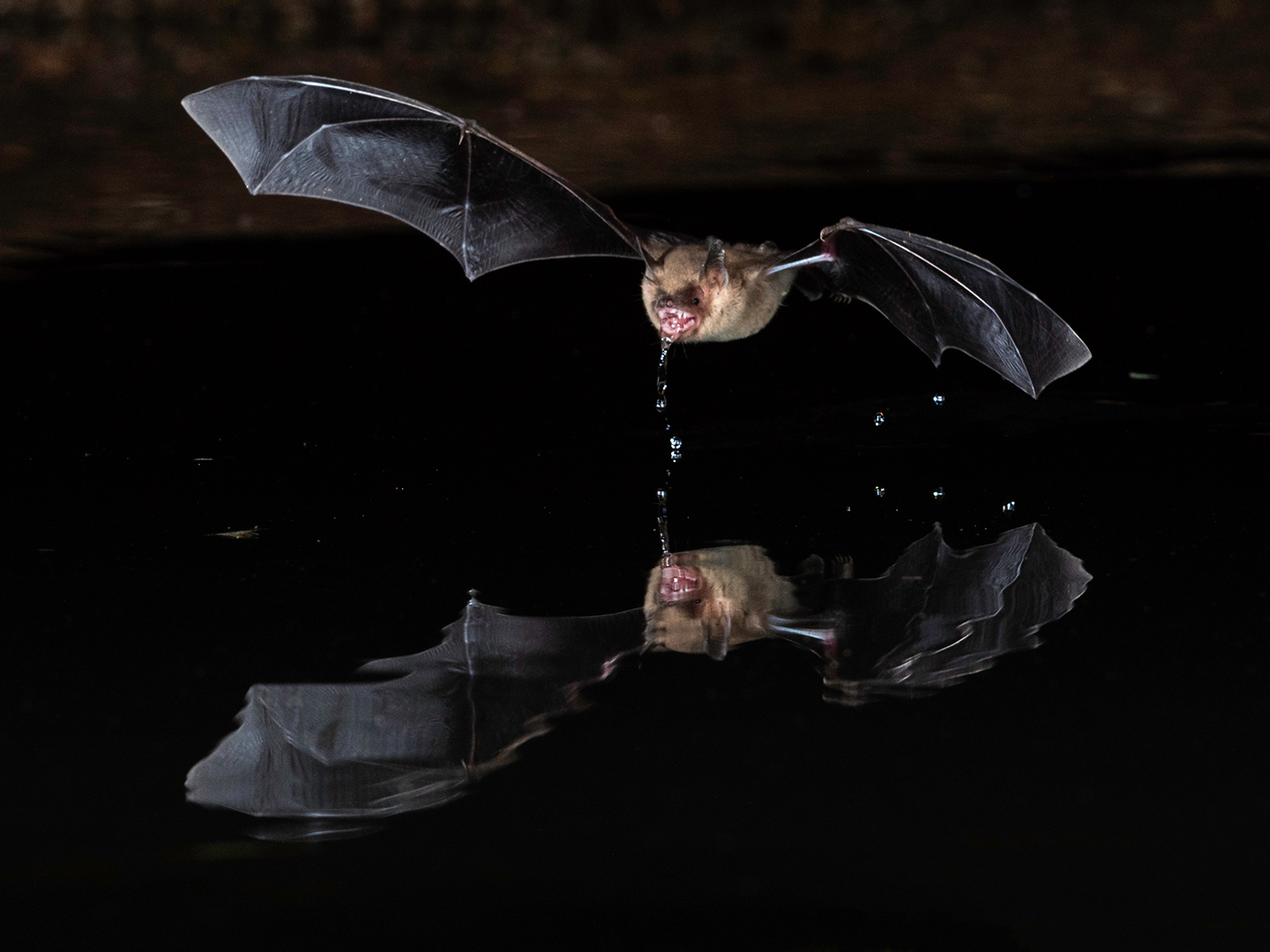Texas A&M Veterinary School Rises In National, Global Rankings
The Texas A&M College of Veterinary Medicine & Biomedical Sciences (VMBS) has climbed the veterinary school rankings to No. 4 in the United States and No. 7 in the world, according to the 2024 Quacquarelli Symonds (QS) World University Rankings in veterinary science. Of the top 10 veterinary schools in the world, the VMBS is […]
Is Smallpox Still A Threat Worth Preparing For? Report with Texas A&M Scientist Contribution Says Yes
Smallpox, a disease that killed an estimated 500 million people in the 20th century alone, is the only human disease to be eradicated. However, a new report, Future State of Smallpox Medical Countermeasures, from the National Academies of Science, Engineering, and Medicine (NASEM) argues that the U.S. and the global community should prepare for smallpox […]
Texas A&M, University Of Colorado Research Collaboration Wins Federal Grant To Help Turn Off ‘Breast Cancer Switch’
The five-year study aims to identify more effective treatments. Researchers at the Texas A&M School of Veterinary Medicine & Biomedical Sciences (VMBS) and the University of Colorado Cancer Center have received a $3.3 million grant from the National Institutes of Health to study how a pair of molecules that regulate certain types of metastatic breast […]
Hagler Fellow Partners With VMBS To Study Connection Between Pig Reproduction, Cancer Resistance
For the next three to five years, the Texas A&M School of Veterinary Medicine & Biomedical Sciences (VMBS) will partner with one of the top evolutionary biologists in the world who is researching whether swine reproduction holds the key to the next wave of cancer research. Hagler Fellow Dr. Günter Wagner, the Alison Richard Professor […]
Texas A&M Researchers Develop Virtual Tool For Studying Gene Function
Researchers at the Texas A&M School of Veterinary Medicine & Biomedical Sciences (VMBS) have developed a new virtual tool that will allow scientists to study the function of genes more efficiently and hopefully reduce the number of animal models used in genetic research. The tool, called Gene Knockout Inference (GenKI), allows scientists to simulate the […]
Australian Timor Ponies Have Genetic Diversity Necessary For Breeding Program, Texas A&M Researchers Find
The tropical breed may prove vital to Australia as global warming continues to cause climate changes. Researchers at the Texas A&M School of Veterinary Medicine & Biomedical Sciences (VMBS) collaborated with Australian geneticists to determine whether the country’s population of Timor ponies are genetically diverse enough to support a designated breeding program. Timor ponies, which […]
VERO Researchers Battling Antimicrobial Resistance By Developing New Treatment Methods For Diseases
Antimicrobial resistance (AMR) is one of the most pressing health threats around the globe, according to the World Health Organization. AMR is the result of bacteria and other microorganisms adapting and no longer responding to traditional medicines, also known as antimicrobial drugs (AMDs), which makes treating infections and fighting disease more difficult. Although many scientists […]
VMBS Researcher Developing New Antiviral Drugs For Mpox, Methods For Fighting Future Pandemics
In 2020, the world was abuzz with the shocking news of the COVID-19 pandemic’s outbreak. In most people’s minds, large-scale pandemics were not a feature of the modern world but rather a problem of the past, like the Black Death that wiped out somewhere between one- to two-thirds of Europe’s population in the Late Middle […]
Texas A&M Researchers Find Links Between Human, Canine Brain Tumor Detection Markers
Sharing detection markers means that treatment research has potential benefits for both species. Texas A&M School of Veterinary Medicine & Biomedical Sciences (VMBS), Baylor College of Medicine and Texas Children’s Hospital researchers have discovered that meningiomas — the most common type of brain tumor in humans and dogs — are extremely similar genetically. These newly […]
Bat ‘Nightclubs’ May Be The Key To Solving The Next Pandemic
The evolution of viral tolerance in Myotis bats may hold the key to preventing future pandemics. Bats carry some of the deadliest zoonotic diseases that can infect both humans and animals, such as Ebola and COVID-19. In a recently published article in the journal Cell Genomics, a Texas A&M research team revealed that some species […]

